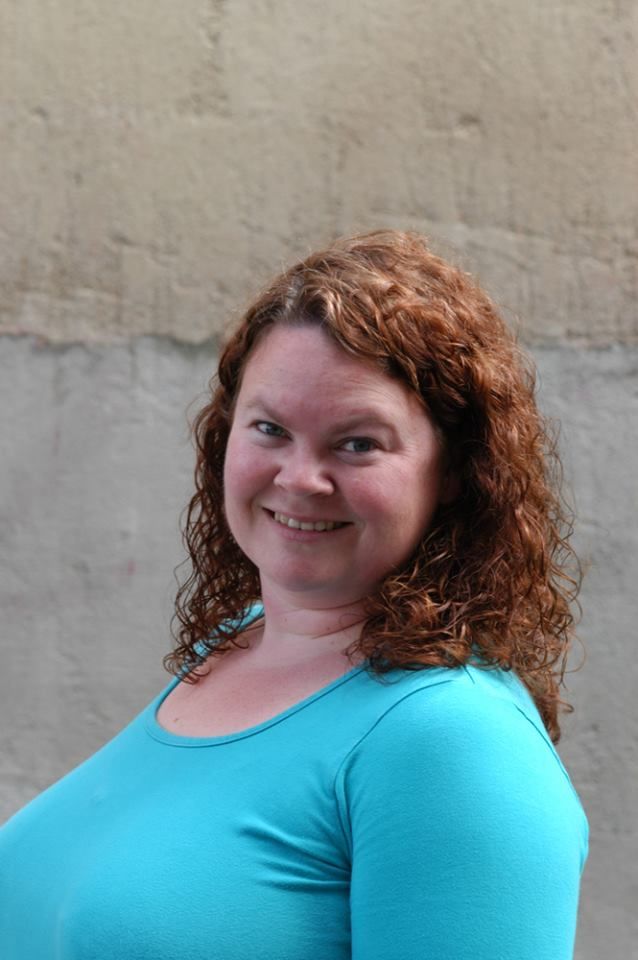Interview with Social Principles revision team leader Rev. Hilde Marie Movafagh
The Social Principles are being revised by a global team of theologians and experts. Today we profile the leader leading the team working on the nurturing community section of the Social Principles.

My name:
Hilde Marie Movafagh
Profession:
Rector of The Theological Seminary of the United Methodist Church in Norway. Teacher of dogmatics, ethics, and Methodist theology, history and practice.
My UMC Story:
I grew up as a United Methodist. My church is a part of me, which has been confirmed many times, especially in my involvement with the Social Principles.
My hope in convening the nurturing community revision team:
I hope we will be able to provide the United Methodist Church with a set of brave and challenging Social Principles so that the many parts of our church it represents will be able to vote in favor of them at General Conference.
Where in the nurturing community section of the Social Principles do you see our greatest strength as a church?
This section points directly into family life. Often these are themes we do not talk so much about, and when we do, we hesitate and are cautious not to want to interfere in people’s personal lives. In my mind, justice at home is necessary for justice in the society to happen.
What difference do the Social Principles make in the life of a congregation or a conference?
I have grown up knowing the Social Principles very well. They were a theme in my church and later in my conference, and they are a matter of identity. The fact that they come from a global church gives them strength. They are excellent when presenting The United Methodist Church to others, and a brilliant way of opening up conversations about how to be a relevant church in our time.
Where do you see the greatest challenge to revising the nurturing community section of the Social Principles?
This section includes principles on human sexuality. Finding a succinct formulation that we can agree upon and that at the same time is brave and advocates justice for vulnerable peoples is a great challenge. There is also the challenge to make these principles global, communicating with different family-cultures, and updated them on issues where development happens fast, for instance in the case of access to medicine and health.
Tell us the three greatest systemic oppressions or injustices facing the society where you live today.
Recently, our country’s minister of immigration, who is a prominent politician in Norway, stated that we need to challenge who deserves human rights and sometimes neglect to secure human rights for some people in order to protect Norwegian citizens. When she says protect, it is not just our safety and peace she wants to protect, but also our wealth and welfare-systems which benefit Norwegian citizens. This shift in attitude reflects a larger development in the Western world where racism, xenophobia, and fear of losing our wealth is set up against caring for other people. When survival of the fittest — or the richest — is the main concern, and not caring for people in need, our society is on the wrong track. Human trafficking is also a huge injustice because exploitation goes hand in hand with poverty, broken relations and a neglect of other people’s human sacred worth. Coming from an oil-country, the third concern would be the environmental injustice that nature experiences and how very slow we are to make real decisions to change our behavior to safeguard the natural world.
Who are some of your role models and how have you learned from them?
Many people I have met and learned from through my work-life have been important to me. I need Nelson Mandela on my list with his way of seeking reconciliation rather than revenge.
Anything else we should know about you?
In Norway where I live, Methodists are 0.25 percent of the population which makes us value our global connection very high, and especially motivates our passion for justice.